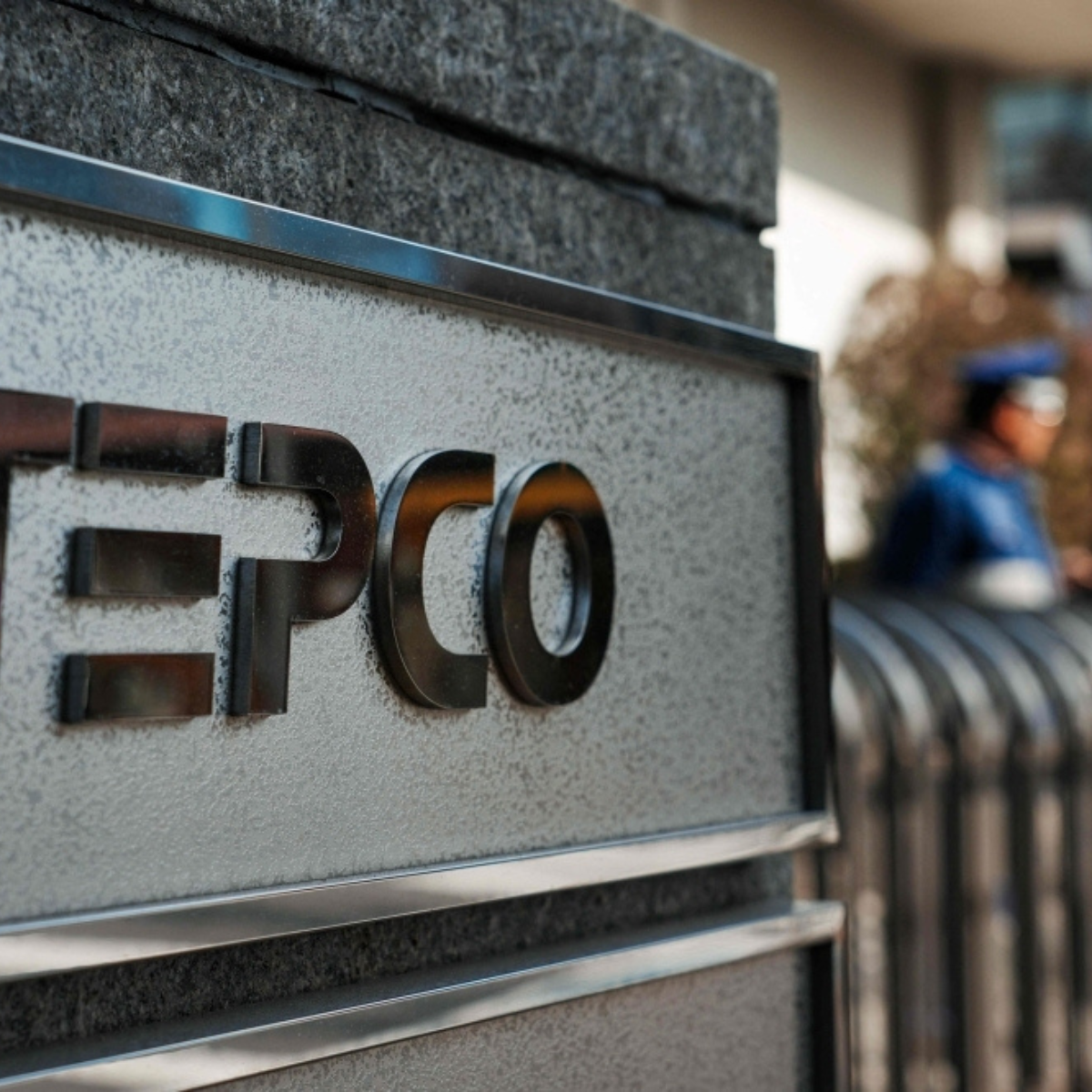KUALA LUMPUR, Jan 23 — Two foreign nationals have become the first individuals in Malaysia to be charged in court for littering under the newly enforced anti-littering law, according to a report by The Star.
TEHRSN - 10 JAN - Iran’s population is aging rapidly, leading to economic concerns as cash-strapped couples resist the government's push for larger families. Once known for its youthful demographic, the country is now facing a significant decline in birth rates, mirroring global trends. The National Population Research Institute reports that Iran’s population is aging five times faster than it is growing, with one-third of Iranians expected to be 60 or older by 2050. Authorities are worried that this shift could lead to labor shortages, hinder economic growth, and place additional strain on the younger generation to support an aging population.
To counter this trend, the Iranian government has launched campaigns encouraging citizens to have more children, offering financial incentives such as housing loans, free healthcare, and other benefits for families. However, the effectiveness of these measures has been limited, with many Iranians citing economic hardships, unemployment, and the high cost of raising children as major deterrents. Experts argue that the solution lies in creating a more favorable economic environment, with a focus on investments and policies that support the population’s long-term well-being.







